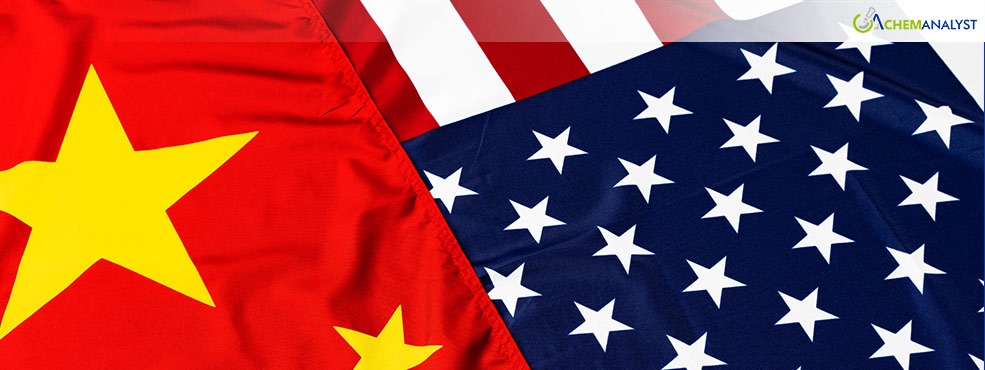Welcome To ChemAnalyst

A senior trade adviser to President-elect Donald Trump has warned against any attempt by China to manipulate its currency, amid reports that Chinese authorities are considering allowing the yuan to weaken in response to potential U.S. trade policies. Peter Navarro, poised to serve as Trump's senior counselor for trade and manufacturing, emphasized that the administration would not interfere with the Treasury Department's regular reviews of foreign currency practices, according to the several media reports.
China’s currency policy has been a contentious issue in U.S.-China trade relations. In 2019, the Trump administration labeled China a currency manipulator for the first time since 1994. Although the designation was largely symbolic and later revoked, it signaled a willingness to take aggressive trade actions. This step came after a period when the Chinese government allowed the yuan’s value to decline against the dollar, heightening tensions between the two nations.
Media reports suggest that China is now considering a similar strategy, allowing the yuan to weaken in 2025 as a countermeasure to anticipated U.S. trade tariffs under Trump’s renewed leadership. The move reflects China’s efforts to stimulate its economy in the face of potentially heightened trade pressures. Trump has previously proposed imposing a 10% universal import tariff and a 60% tariff on Chinese goods entering the United States, signaling a hardline stance on trade with the world’s second-largest economy.
While the Treasury’s biannual review remains the formal mechanism for evaluating currency practices, Trump could bypass the process and implement punitive measures if China devalues its currency. Such actions could escalate trade tensions, with broader implications for global markets.
China is a production hub and major exporter for many commodities such as petrochemicals, Pharma APIs, Equipment, etc.
ChemAnalyst forecasts that China's decision to devalue its currency could offset the impact of tariffs imposed by the Trump administration. This strategic move is anticipated to benefit the chemical industry by reducing product prices, making Chinese exports more competitive globally. Additionally, it could stimulate export growth, though it may also introduce inflationary pressures, capital outflows, and increased volatility in financial and stock markets.
We use cookies to deliver the best possible experience on our website. To learn more, visit our Privacy Policy. By continuing to use this site or by closing this box, you consent to our use of cookies. More info.
